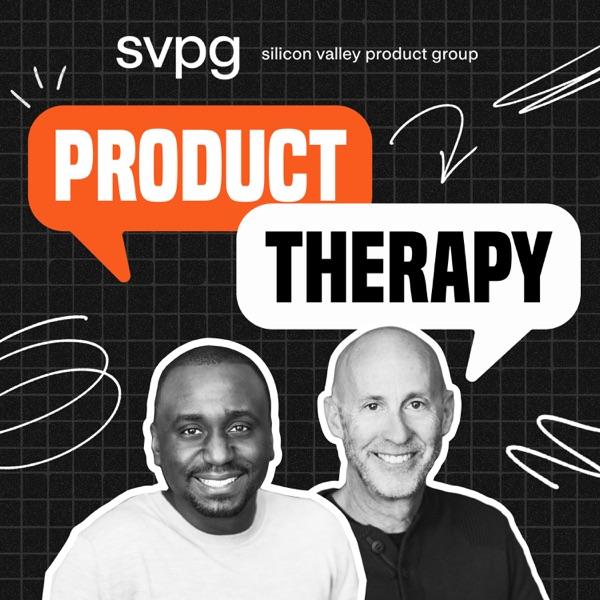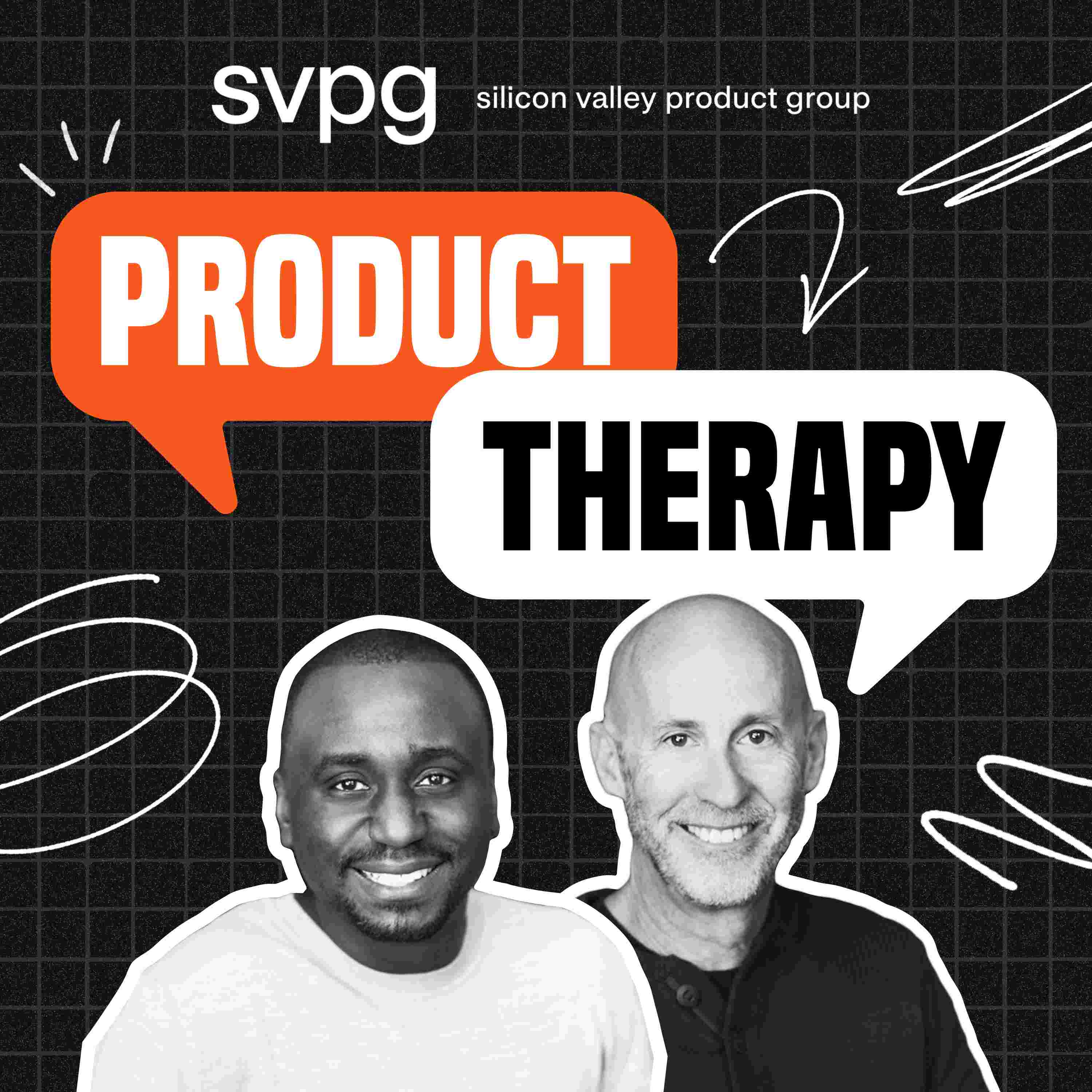

Christian sits down with Marty Cagan to decode team topology: one of the most consequential yet misunderstood levers in product organizations. Learn how great leaders design product teams for maximum autonomy, clarity, and customer impact.
–
Today’s discussion unpacks:
–
References:
–
Where to find SVPG:
–
Where to find Christian Idiodi:
LinkedIn: https://www.linkedin.com/in/cidiodi/
–
Where to find Marty Cagan:
LinkedIn: https://www.linkedin.com/in/cagan/
–
Timestamps:
(00:00) Intro
(0:46) What is team topology?
(1:56) Top-down vs. bottom-up approaches
(3:01) Team topology ≠ org structure
(5:26) Optimizing for outcomes vs. throughput
(10:20) 3 signs you have a topology problem
(15:24) Who should own team topology?
(17:17) The surprising value of platform teams
(18:14) How do you define a product?
(20:36) The first step in a topology project
(22:23) The cost of scaling teams
(24:52) What high-performing topology requires
(25:13) Balancing resources and ratios
(32:36) Rolling out team topology changes
(33:34) Dismantling bureaucratic team bloat
(40:42) Addressing legacy teams and bureaucracy
–
Disclaimer:
While this podcast is named “Product Therapy”, it is not hosted by licensed therapists or mental health professionals, and it is in no way a substitute for professional mental health services. We recognize the importance of mental well-being and encourage anyone facing personal difficulties to seek support from qualified professionals. See https://findahelpline.com/
–
Production:
Production by supermix.io